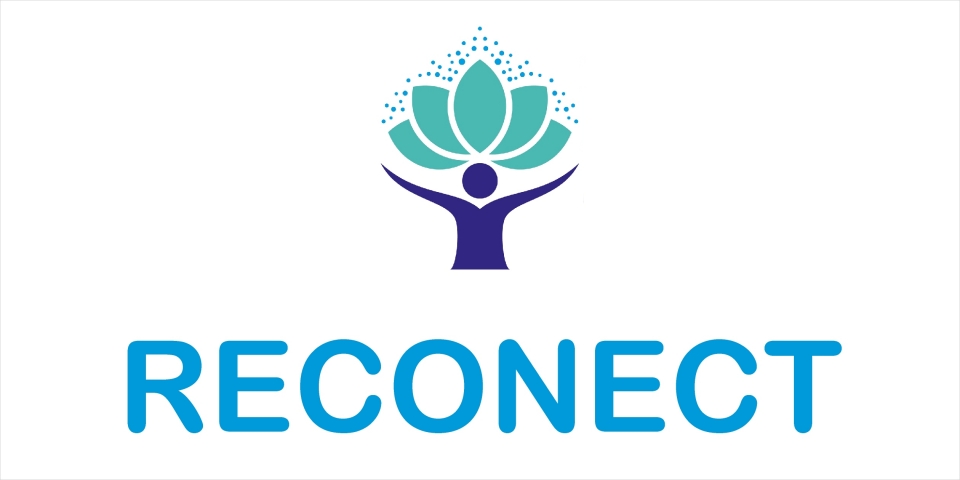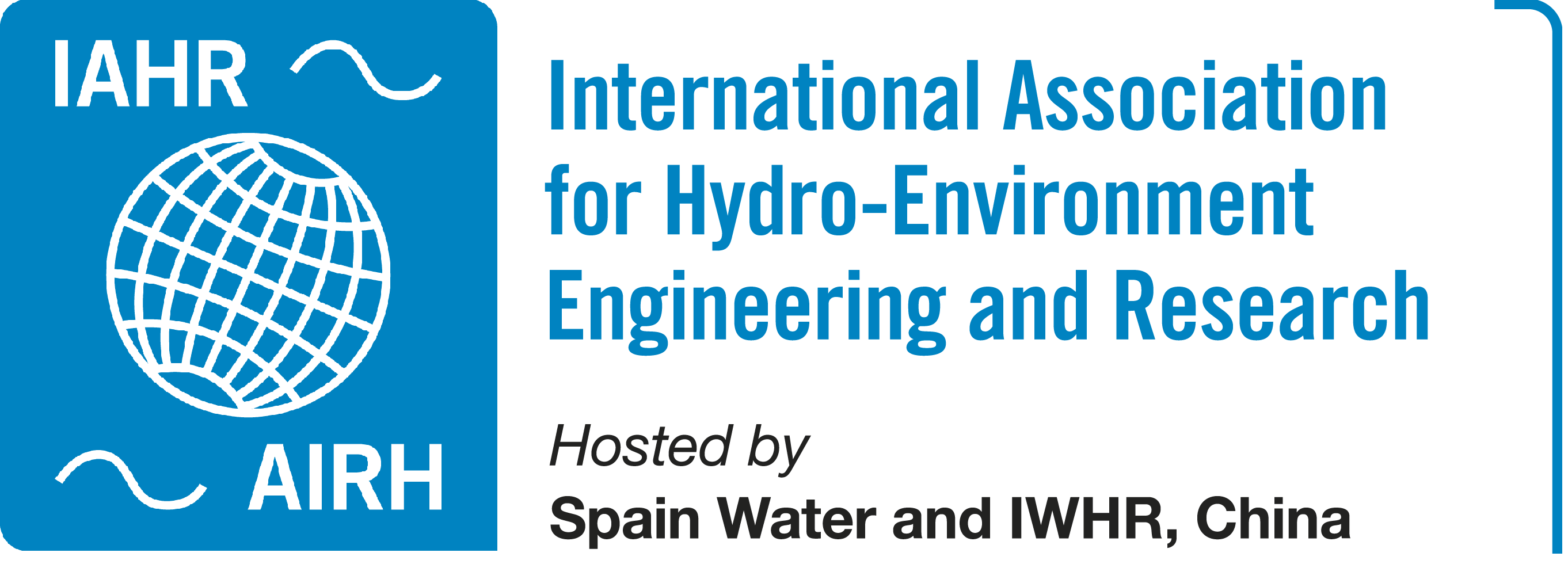 |
|
|
LEARN4SEA - Innovative joint learning for environmental-friendly behaviour of communities in the Black Sea Basin The project aims to enhance environmentally friendly behavior among citizens and cultivate environmental awareness and actions through joint solutions to strengthen the capacity of local administrations and activities at various educational levels to raise awareness and reduce pollution in the Black Sea Basin regions. To achieve these goals, demonstrations and awareness campaigns will be conducted using innovative tools such as virtual reality and customized informational materials for different demographic groups. An innovative methodology will be developed for environmental specialists, providing guidelines for initiatives based on comprehensive analysis of air and water quality data. The capacity of local administrations to educate and train citizens at different educational levels will be increased, with a focus on coastal areas and port cities in the Black Sea Basin regions. To achieve the goals, a network of Environmental Information Centers (EIC) will be established, including real-time data from sensors and educational resources. Each partner will host a physical center inspired by the GREEN DANUBE project, equipped for environmental protection events and waste collection demonstrations. This network will be adaptive, offering free access to data and resources, and promoting broader public engagement in environmental protection efforts in and beyond the Black Sea Basin. The project consortium comprises 5 project partners CERONAV (Lead Partner) - Romanian Maritime Training Centre România; BDCA - Black Sea - Danube Association of Research and Development, Bulgaria; NEA LEPL - National Environmental Agency, Georgia; PRU - Piri Reis University, Türkiye and SM-Shabla Municipality, Bulgaria.
Official project website: www.learn4sea.eu |
|
 |
|
|
“Flash flood risk prevention & resilience in the Mediterranean area through an Integrated Multi-stakeholder Governance Model, gathering prevention, adaptation and mitigation solutions”- LocAll4Flood Episodes of intense rainfall are part of the Mediterranean climate. At times, these phenomena lead to flash floods causing material or human damage. To tackle this risk, the LocAll4flood project proposes an Integrated Multi-stakeholder Governance Model, combining prevention, adaptation and mitigation actions, which will be tested in small catchments, particularly vulnerable to flash floods. In order to have a wide range of sensitive zones, 9 pilot sites have been selected from Greece, Italy, Bulgaria, Malta, Catalonia and the Balearic Islands, covering 4 kinds of topographical areas (urban, rural, coastal, industrial). The “bottom-up” approach is privileged and the transferability to the whole Mediterranean basin is foreseen.
|
|
| For more details visit the project web page: | https://locall4flood.interreg-euro-med.eu |
 |
 (September 2018 - August 2024)
|
Regenarating Ecosystems with Nature-Based Solutions for Hydro-Meteorological Risk Reduction, EU Framework programme HORIZON’2020, project GA-776866-RECONECT
RECONECT aims to rapidly enhance the European reference framework on Nature-Based Solutions (NBS) for hydro-meteorological risk reduction by demonstrating, referencing, upscaling and exploiting large-scale NBS in rural and natural areas.
In an era of Europe’s natural capital being under increased cumulative pressure, RECONECT will stimulate a new culture of co-creation of ‘land use planning’ that links the reduction of hydro-meteorological risk with local and regional development objectives in a sustainable and financially viable way.
To do that, RECONECT draws upon a network of carefully selected Demonstrators and Collaborators that cover a wide and diverse range of local conditions, geographic characteristics, institutional/governance structures and social/cultural settings to successfully upscale NBS throughout Europe and Internationally.
To achieve these ambitious goals, the RECONECT consortium brings together an unprecedented transdisciplinary partnership of 35 organisations, involving researchers, industrial partners (SMEs and large consultancies) and authorities/agencies at local and watershed/regional level fully dedicated to achieve the desired outcomes of the project. The project is coordinated by IHE Delft Institute of Water Education, тхе coordinator ис Dr. Zoran Vojinovic. It is a great honor and a responsibility for BDCA to be a part of this professional team.
For more details visit the project web page: http://www.reconect.eu/
Find RECONECT in social media:
| |
|
| |
|
| |
|
 |
 (May 2020 – May 2022)
|
PROMOTING TECHNOLOGY INNOVATION IN ENVIRONMENTAL MONITORING AND MODELLING FOR ASSESSMENT OF FISH STOCK AND NON-FISH RESOURCES
TIMMOD project unites the efforts of six Project Partners from five countries (Bulgaria, Romania, Greece, Moldova and Georgia) in a multisectoral & multidisciplinary project-consortium: TIMMOD Innovation Network - sharing the common understanding that the Technological Upgrade is the key to “improve joint environmental monitoring”.
The project addresses improvement of Black Sea environmental monitoring and modeling of fish stock and non fish resources by facilitating technology innovation. Promoting Innovation aims to utilize new tools, approaches and technology to assist implementation of EU policies and programmes.
The overall project objective is to improve the availability and quality of data, the cooperation in sharing of data for water quality, biodiversity statistics, assessment of fish and non-fish living resources of the Black Sea - in line with the EU’s Marine Strategy Framework Directive (MSFD), Data Collection Framework (DCF), Blue Growth Strategy, Black Sea Convention on Environmental Protection and other EU and regional policies and conventions.
A project factsheet can be downloaded here.
For more information and latest news, please refer to the TIMMOD website.

Integrated transnational policies and practical solutions for an environmentally-friendly Inland Water Transport system in the Danube region
GREEN DANUBE addresses major challenges in the Danube transport system and provides practical solutions to be used in subsequentemission reduction strategy and for further development of safer and low emission Inland Waterway Transport (IWT) as well as for the implementation of innovative green technologies. The project will focus on emission reductions from IWT in particular in ecologically sensitive areas such as the Danube Delta. The project aims to contribute to better integrated policies and practical solutions for further development of IWT while limiting its negative impact on the Danube ecosystem. GREEN DANUBE project is co-funded by European Union Funds (ERDF, IPA) under the Danube Transnational Programme and will run for 30 months (January 2017 – June 2019). The project is implemented by a transnational consortium of 10 co-funded organisations and 6 associated strategic partners (public authorities, international organizations, river commissions, consulting companies,) from 7 European countries (DE, AT, HU, RS, HR, RO, BG). The project has a total budget of 1.586.244 Euro, out of which ERDF contribution amounts 1.267.897,40 Euro & IPA contribution amounts 80.410 Euro.
A project factsheet can be downloaded here.
To read project Newsletters, please follow this link.
For more information and latest news, please refer to the GREEN DANUBE website.
 |
 (September 2018 - September 2022)
|
WECANet: A pan-European Network for Marine Renewable Energy
European Cooperation in Science & Technology COST, Action: CA17105
The pressure of climate change and the growing energy demand has increased interest in marine renewable energy resources, such as wave energy which can be harvested through Wave Energy Converter (WECs) Arrays. However, the wave energy industry is currently at a significant juncture in its development, facing a number of challenges which require that research re-focuses onto a techno-economic perspective, where the economics considers the full life-cycle costs of the technology. It also requires development of WECs suitable for niche markets, because in Europe there are inequalities regarding wave energy resources, wave energy companies, national programmes and investments. As a result, in Europe there are leading and non-leading countries in wave energy technology.
The formation of the first pan-European Network on an interdisciplinary marine wave energy approach will contribute to large-scale WEC Array deployment by dealing with the current bottlenecks. The WECANet Action aims at a collaborative approach, as it provides a strong networking platform that also creates the space for dialogue between all stakeholders in wave energy. WECANet’s main target is the equal research, collaboration and funding opportunities for all researchers and professionals, regardless of age, gender and location.
For more details visit the project web page: https://www.wecanet.eu
Find WECANet in social media:
| |
|

CEAFLOOD is a bilateral research cooperation project funded by тhe National Science Fund of Bulgaria & the Ministry of Science and Technology of the People's Republic of China. Chinese partner is the Nanjing Hydraulic Research Institute (NHRI), while Bulgarian partners are the Bulgarian Ship Hydrodynamics Centre (BSHC), and the Black Sea - Danube Association for Research and Development (BDCA).
The project will continue the previous joint efforts of Chinese and Bulgarian researchers to develop new knowledge and advanced tools for modeling, forecasting, and assessment of flood hazard in urbanized coastal and estuarine areas.
For more information and latest news, please refer to the project website: www.ceaflood.org

The project ENVICOP (Environmentally Friendly Coastal Protection in a Changing Climate) was funded by the 7th Framework Programme of the EU under the People Programme in the Marie Curie Action "International Research Staff Exchange Scheme" - FP7-PEOPLE-2011-IRSES.
Project Partners:Partners within EnviCOP project were: • Seconda Universita degli Studi di Napoli, Italy; • Universita Politecnica Delle Marche, Italy; • Politecnico di Milano, Italy; • Universidade do Porto , Portugal; • Black Sea – Danube Association for Research and Development (Bulgaria); • SCRIPPS Institute of Oceanography, USA; • University of Vale do Itajai, Brazil.
Objectives: The ENVICOP project aimed to strengthen research partnerships between the above organizations, primarily through short period staff exchanges, focusing the research activities on advanced numerical and physical models tools to forecast short- and long-term phenomena with respect to coastal protection in a changing climate. The project will provide improved process understanding, new knowledge, improved numerical and physical model tools, resulting in introducing new and improved environmentally friendly coastal protection structures. ENVICOP results will finally serve decision makers in strengthening emergency planning arrangements; improving co-ordination of coastal and surface water flood risk; managing the investment of significant levels of public funding, and helping coastal communities adapt to climate change.
For more details click here (www.envicop.eu)
The Project REPAIR (Regional Cooperation for Black Sea River Basins Environment Protection from Agricultural Polluters) has been financed by the Black Sea Joint Operational Programme 2007-2013, Project/Contract № 2.2.1.73799.317_MIS-ETC 1638.
Main objectives were: To promote cross border cooperation on monitoring and protection of Black Sea coastal zones and river basins; To increase joint knowledge and expertise for elaboration of river basins environmental action programs within the European research area; To strengthen data networks, promoting integration of instruments, methodologies and activities in the field of environmental protection of coastal areas in the Black Sea Regions. Activities include Increasing Joint Expertise in the Sector; Preparation of Research Methodologies; Creation and Development of Information Data Networks; Increasing Public Awareness with Active Involvement of Women; Preparation of 'River Basins Protection from Agricultural Polluters – Environmental Action Programs'.
Final beneficiaries of the project results are people from coastal communities, local authorities, environmental authorities, tourist companies and complexes, fishing industry, and other.
For more information click here

The project SIM.COAST (Numerical Simulation Tools for Protection of Coasts against Flooding and Erosion) was financed by the 7th Framework Programme of the EU, FP7-PEOPLE-2009-IRSES, Project/Contract # 210085/2010
Project Partners: BDCA was one of the 3 EU partners, together with Wasserbau Institute, Technical University of Hamburg-Harburg (Project-Coordinator), and the Civil Engineering Department of University of Roma Tre, who have established the Sim.Coast project consortium, together with two leading Chinese organizations: HoHai University, and Nanjing Hydraulic Research Institute.
Objectives: To provide improved process understanding, new knowledge, methods, new and improved numerical tools, resulting in introducing new and improved coastal protection structures. Research activities of the project were focused on work-out/improve/coordinate advanced tools (numerical simulation models) that are able to forecast short term and long term phenomena with respect to coastal protection in a changing climate.
More information can be found here (http://cordis.europa.eu/result/rcn/150030_en.html)
The 5th International Conference on The Application of Physical Modelling to Port and Coastal Protection, COASTLAB14, took place in Varna, Bulgaria, from 29 September to 2 October 2014.
The conference was organised by the Black Sea - Danube Coastal Research Association, under the auspices of the International Association of Hydro-Environment Engineering and Research (IAHR), Coastal and Maritime Hydraulics Committee (CMHC). Coastlab14 continued successful tradition, after Porto (2006), Bari (2008), Barcelona (2010) and Ghent (2012), to provide a forum to discuss the latest developments in physical modelling in the field of coastal and harbour engineering.
The Technical programme included 4 keynote lectures, and 80 (oral and poster) presentations in 16 technical sessions, presented and discussed by 120 participants from 24 countries. All published papers have been accepted after a peer-review process based on their full text. Keynote lectures, and presented papers are included in the 2 volumes of the Book of Proceedings, ISBN: 978-619-90271-1-0.
Download the contents of the proceedings.
Click here for more information.( www.coastlab14.com)

The project REGIOCLIMA (Regional cooperation towards adaptation to climate change) was financed by the EU regional development programme INTERREG IVC.
BDCA collaborated with the Regional Agency for Innovation and Entrepreneurship, Varna (RAPIV), who was the Bulgarian partner within a multinational EU consortium for the INTERREG IVC project REGIOCLIMA.
The purpose of REGIOCLIMA was to enhance cooperation among selected EU regions towards avoiding risk and reaping the benefits from a changing climate. The project action was targeted to: Emphasize the need to adapt to climate change; Support the broad public debate about adaptation strategies opened by the EC; Jointly develop the capacities of the participating regional authorities and institutions to facilitate adaptation to climate change.
For more information click here (http://cordis.europa.eu/result/rcn/150030_en.html)





















